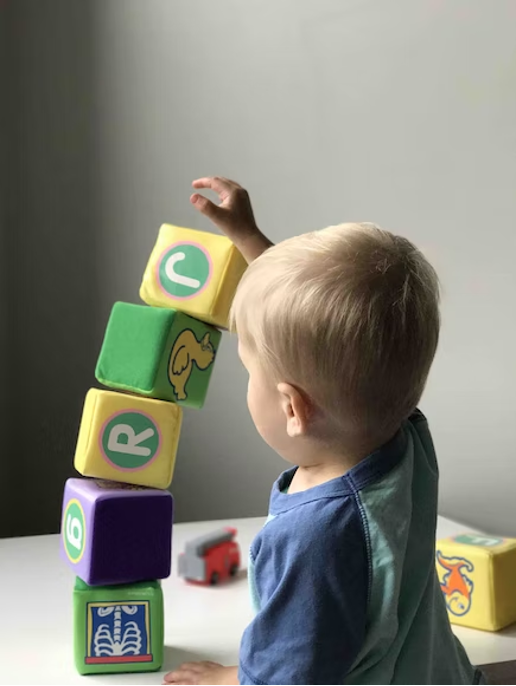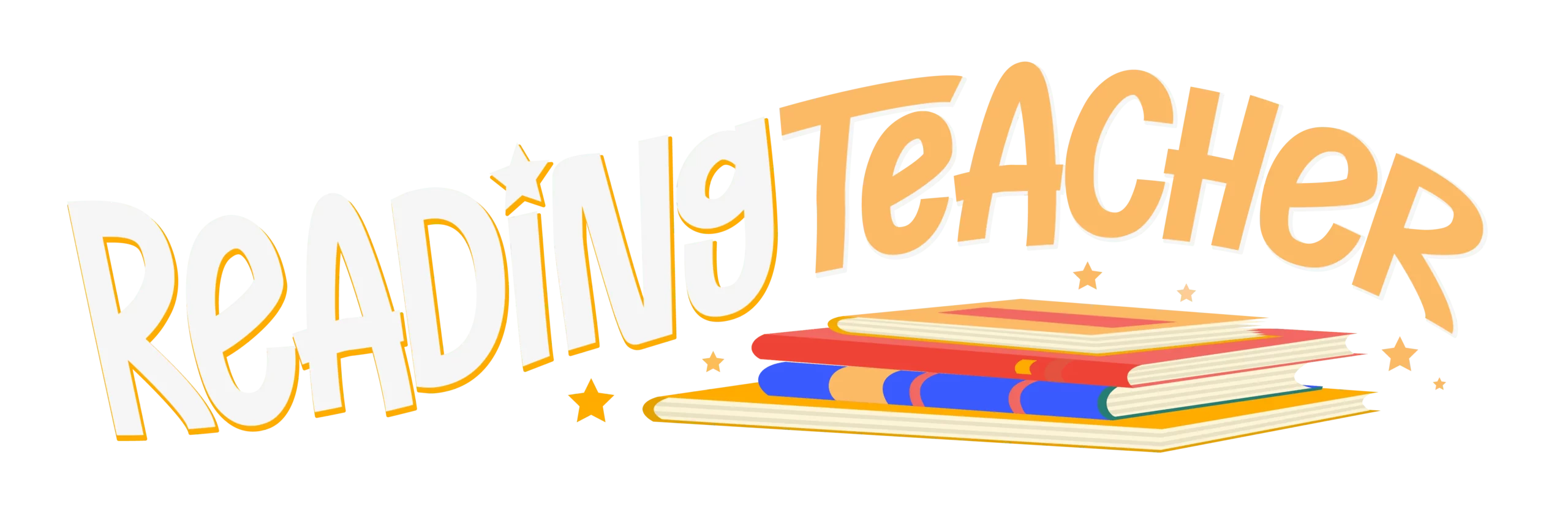Best Reading Lessons for Early Readers
Early readers take in a lot of new information. And if we’re being honest, it can be hard to motivate both kids and adults to continue reading, learning, and mastering new skills.
If you’re looking for fun, engaging, and age-appropriate activities for your youngster, we’ve compiled some of the best reading lessons for early readers to motivate them toward literacy. Each activity focuses on a specific skill and offers a satisfying mix of fun, challenge, and reward.

What is an Early Reader?
Early readers include any students who are in the earliest stages of reading. When choosing children’s books based on age groups, parents and educators can refer to this quick list for guidance:
- Ages 2-5: Early picture books
- Ages 5-8: Picture books, coloring books, and activity books
- Ages 4-8: Early readers
- Ages 6-9: First chapter books
Around ages 4-8, many students are reading “early readers,” also known as first readers, which are literary stepping stones from picture books to chapter books. Early readers tell a clear, exciting story, but in a format that children are able to read with ease and enjoyment. Most include familiar vocabulary, basic phonics patterns, and colorful illustrations.
To summarize: the phrase “early reader” generally refers to a beginning reader, as well as the books that are often read by children during this stage of literacy.
Reading Lessons For Early Readers
1. Playdough Letters
Unlock the power of playdough by rolling it out and forming letters, either by stamping or molding the letters with your fingers. This hands-on activity familiarizes early readers with the look and feel of each letter in the alphabet.

2. Sentence Architecture
Time to build some sentences! Create cards with various words: be sure to use a range of nouns, verbs, adjectives, conjunctions, and other word groups to challenge your reader. Together, you can sit down and make silly sentences. For an extra dose of fun, write the reader’s name on a card and feature their name in a wacky sentence.
3. The Label Game
Most early readers are working on their word recognition. They’re mastering common words as well as special words that relate to their favorite hobbies, shows, or activities.
Get them excited about acquiring more of these special words with the Label Game! Simply write down words on small cards, then stick them to objects around the house or classroom: perhaps a favorite toy, a piece of furniture, or an apple on the counter. You can even hide labeled objects around the house for an extra challenge. When your student finds the label, they can read it aloud; afterward, ask them to draw the meaning of the word.
4. Break the Code
This Code Breaker Game sheet is a treat for young spies and early readers alike. It might seem tricky, but the steps are simple: hide something in the house or classroom for your reader to find, and then write the “task” describing what they need to find. Use the downloadable sheet to encode the answer into numbers, and then let your detective take the lead.
5. Going On Vacation
You can play this silly phonics game in the classroom, at home, or while walking to the bus stop. Pick a beginning sound, then say “I’m going on vacation and I’m bringing a…”. Start the object with the chosen sound: if you choose “o” as your beginning sound, for example, perhaps you’ll bring an orange.
Next, it’s the reader’s turn: they repeat the phrase and add their own object, which must start with the same sound. Keep going until you run out of ideas, and then choose another sound!
6. Stretchy Story
While reading a story to your child or students, stretch out some of the words so they can hear the individual sounds in each word. Their job is to put the “stretchy” words back together by blending each sound. Blending is a foundational phonics skill, along with separating, adding, deleting, and substituting the sound units in words.
These reading lessons are simple, accessible, and, most importantly, can be modified to suit the skills and unique interests of your early readers. If you’re looking for more reading lessons for early readers, check out these 10 free activities.
Above all, don’t be afraid to get silly with literacy. When students have opportunities to play with words and simply have fun, they’re far more likely to become independent readers and lifelong learners.
Take-Aways:
- The phrase “early reader” refers to any student in the beginning stages of literacy. Early readers are also a type of children’s book, generally read by children ages 4 to 8.
- There are hundreds of simple literacy games for early readers. Parents and educators can easily facilitate these activities at home or in the classroom.
- During any of these reading lessons, adults should focus on giving early readers plenty of opportunities to play with words, read aloud, and discover the joy of storytelling.
Start Teaching Reading for Free Now!
Access Level 1’s four interactive stories and the accompanying supplemental resources to teach elementary students how to read. No credit card is needed. Join the 42,635 teachers and students using our reading program.
